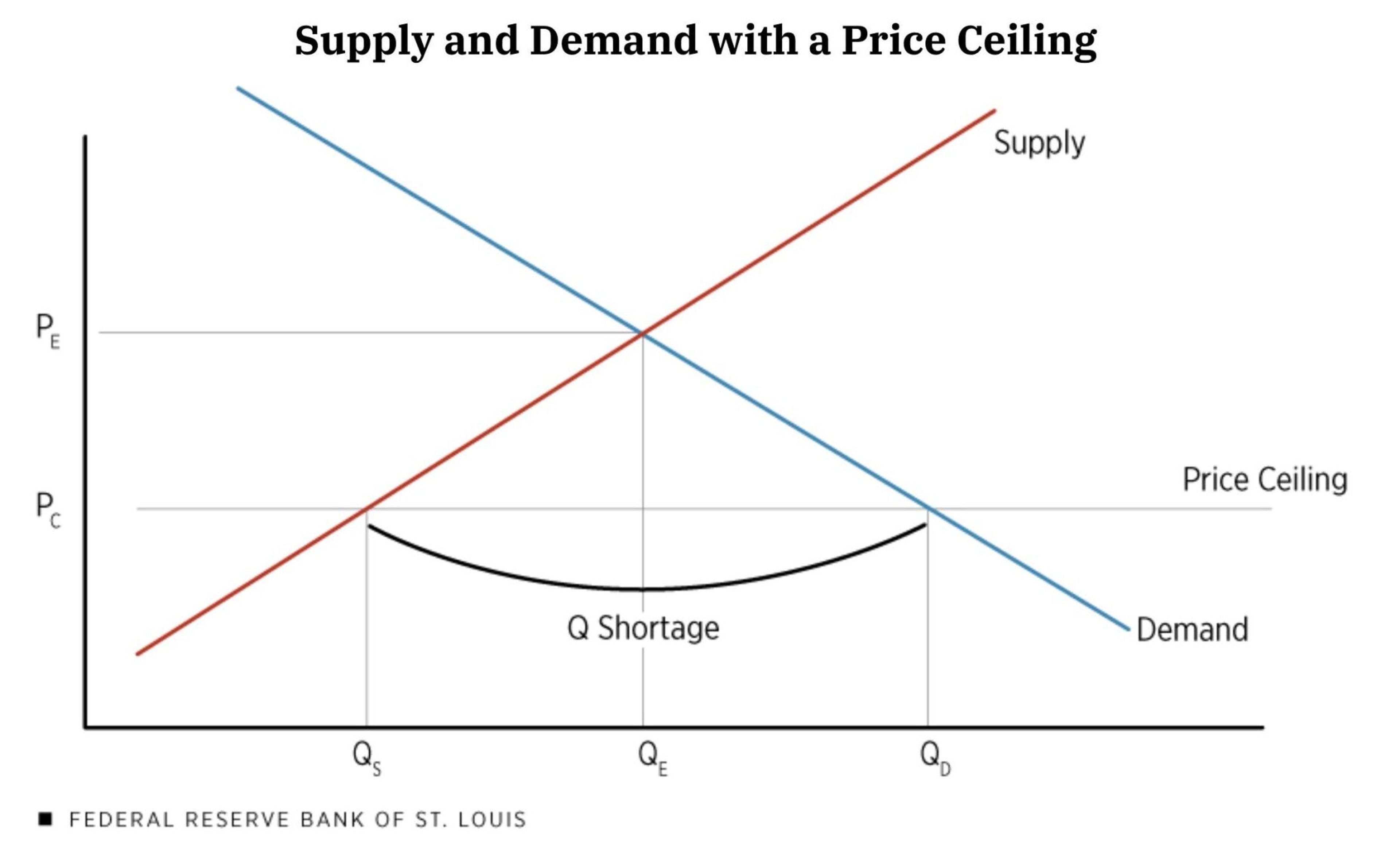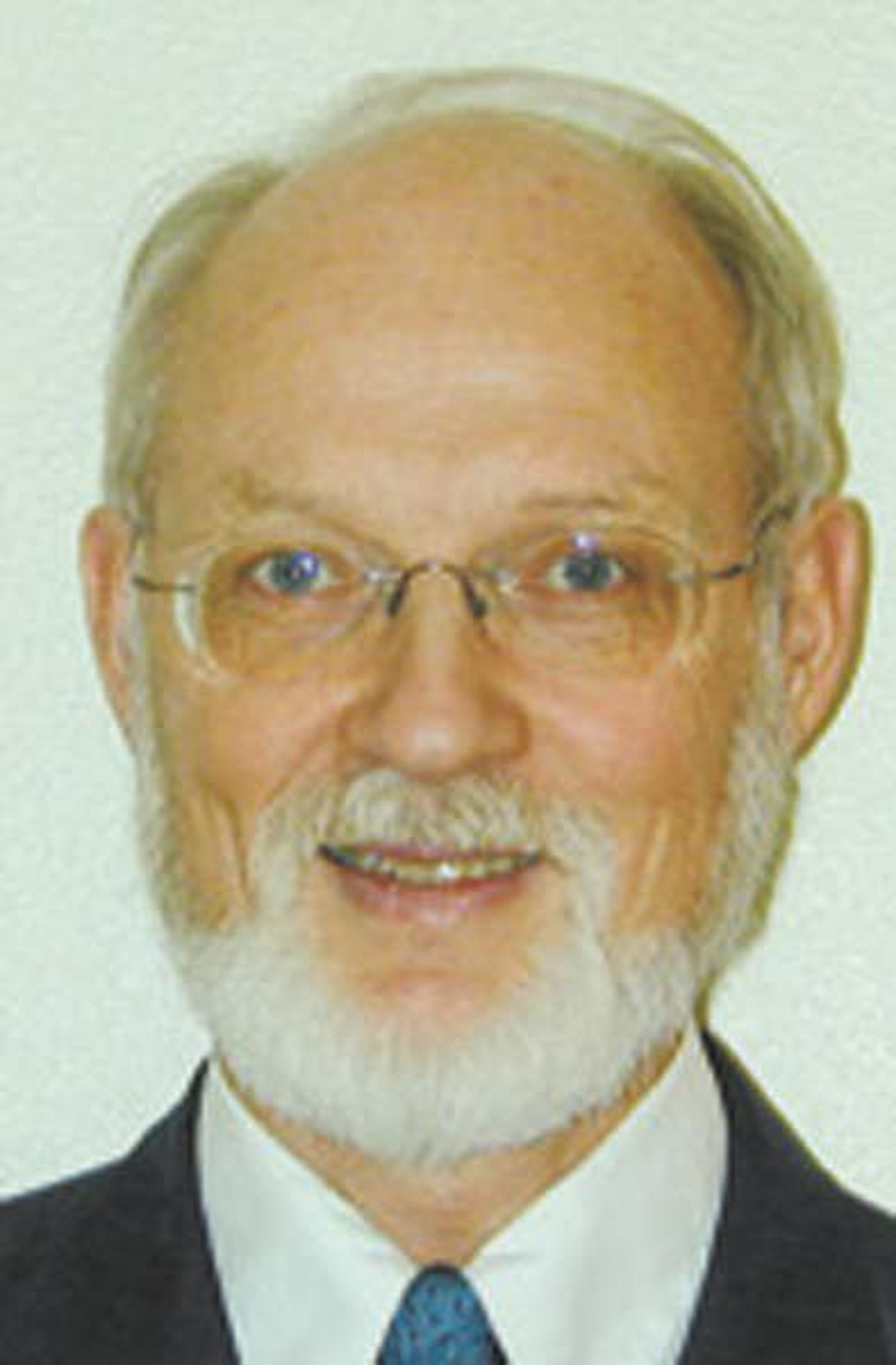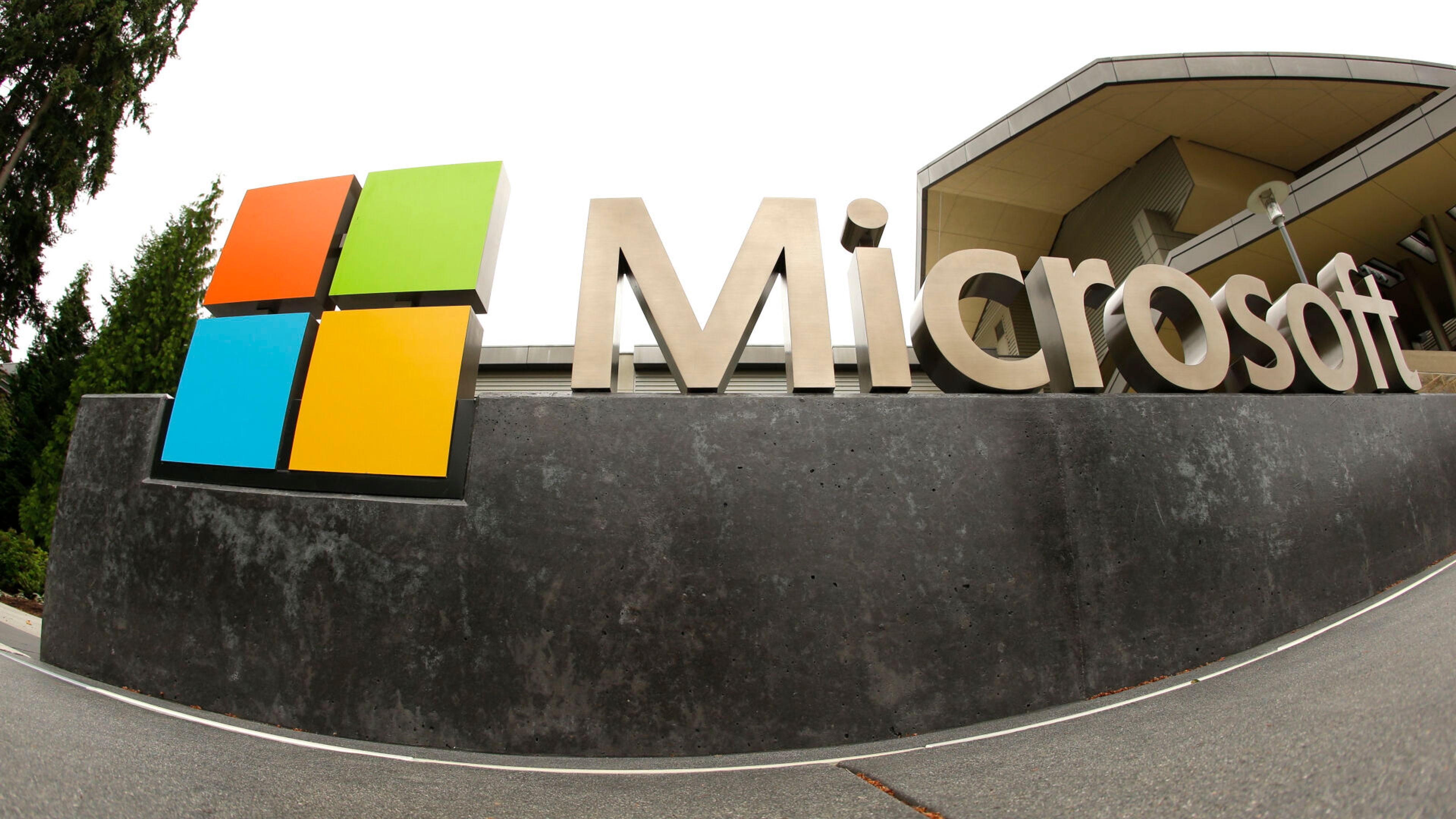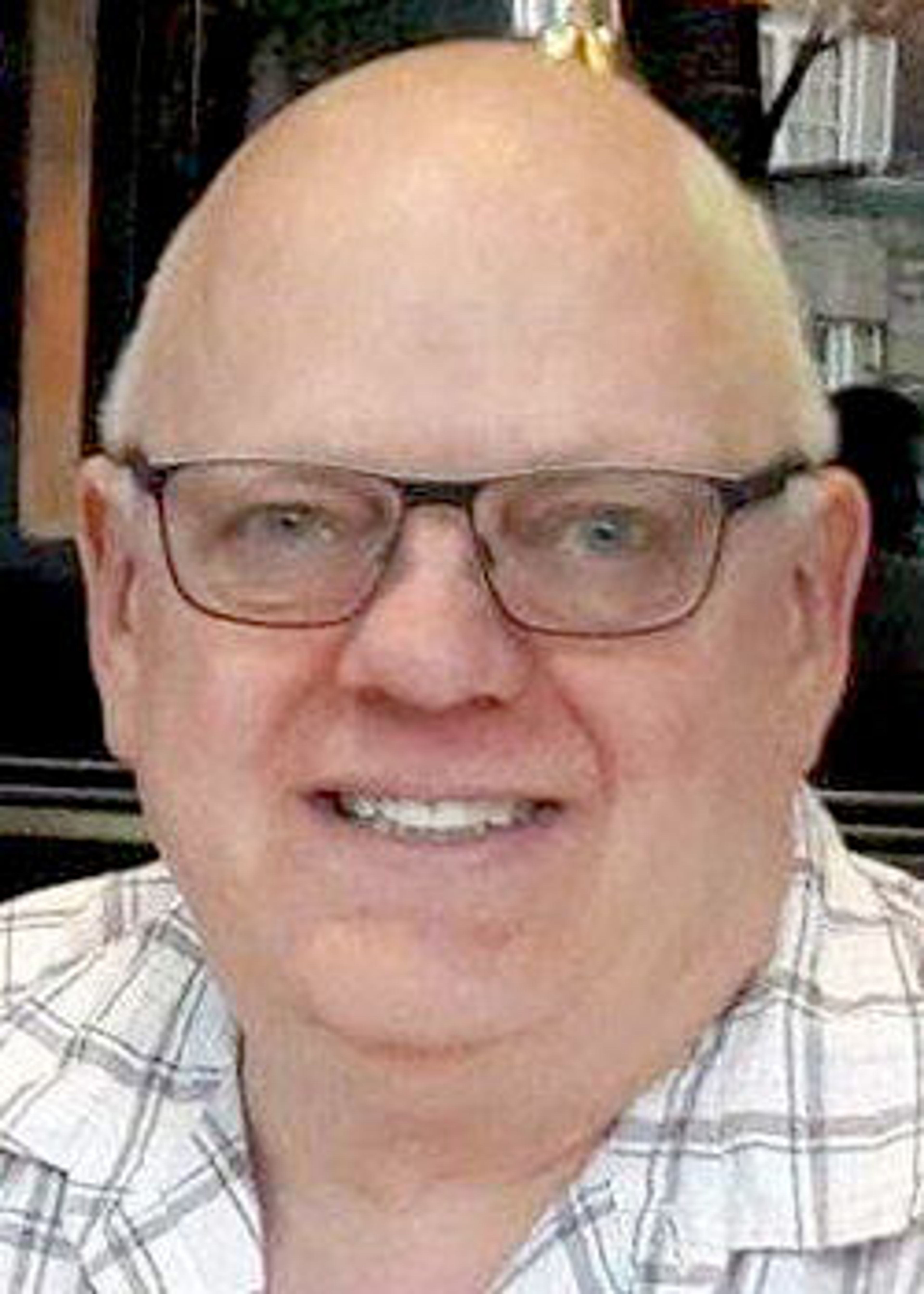WSU rolls out its new cannabis research center
Director: Research hasn’t kept pace with fast-growing industry
After about a decade at the forefront of cannabis research, Washington State University has been formally designated a cannabis research center.
The university’s board of regents approved the establishment of the Center for Cannabis Policy, Research and Outreach in May, according to a release, but the school’s research in the area first began around 2011.
Washington became the first state in the country to legalize recreational use of cannabis about a year later and since then 16 other states and Washington, D.C., have followed. Another 14 states have decriminalized cannabis use.
Mike McDonell, professor with WSU’s School of Medicine and director of the center, said as states rescind laws and restrictions on cannabis products, the cannabis industry has moved quickly and the research has not kept pace.
“We have so little research on cannabis in particular and I think some of the research we have is just really outdated,” McDonell said, noting cannabis available on illegal markets even in the 2000s was likely to have around 7 percent THC, the psychoactive component of cannabis. “Now, in Washington, at least, you can buy products that are 70 percent THC. We really don’t have much information or research on the health impacts of those kinds of products.”
While lower-potency cannabis with THC levels below 10 percent is certainly available in legal markets, McDonell said the vast majority of cannabis sold in Washington for recreational use is considered high-potency.
McDonell described cannabis as “an extremely complicated plant,” that includes a lot of different chemicals, each of which could represent potential health benefits or health risks. However, he said, because cannabis research is tightly regulated by the federal government, it’s been historically difficult to produce useful science about its effects.
For example, until this year, there was only one federally approved cannabis producer that researchers could order cannabis from and the THC extract they were provided bore little resemblance to the products being used recreationally. The irony, he said, is anybody older than 21 in the state can purchase these products for recreational use.
“However, as a researcher, I can’t do that — I have to go through this whole process with the federal government,” he said. “So the federal government isn’t regulating what’s available on the marketplace right now, but they are regulating what we’re able to do in research, so I think there has to be more of a balance there.”
While some of the most pressing questions being addressed by WSU scientists deal with the drug’s effect on health — particularly mental health and brain development, McDonell said cannabis research touches on a broad variety of disciplines. He said in addition to studying the drug’s health effects and possible clinical applications, he said researchers are also interested in monitoring the social effects of cannabis decriminalization, like its potential impacts on the criminal justice system.
He said with decriminalization of cannabis, the nation has been lowering barriers for the industrial use of hemp as well and researchers are scrambling to explore its applications and produce useful data to support growers. He said hemp famously has a sweeping variety of applications but has been a relatively untapped resource from an industrial perspective.
To put it bluntly, McDonell said there’s a great deal scientists don’t know about cannabis but research in the area is becoming less challenging and he expects more cannabis research centers will be established in the near future.
“There’s a lot of things that we really are on the cusp of understanding,” he said, adding that the addition of new federally approved sources for cannabis will help. “It’s a step in the right direction, but we really need cannabis to be descheduled, or the scheduling at a federal level to change, so researchers can really answer those questions that a lot of people have.”
Jackson can be reached at (208) 883-4636, or by email to sjackson@dnews.com.







